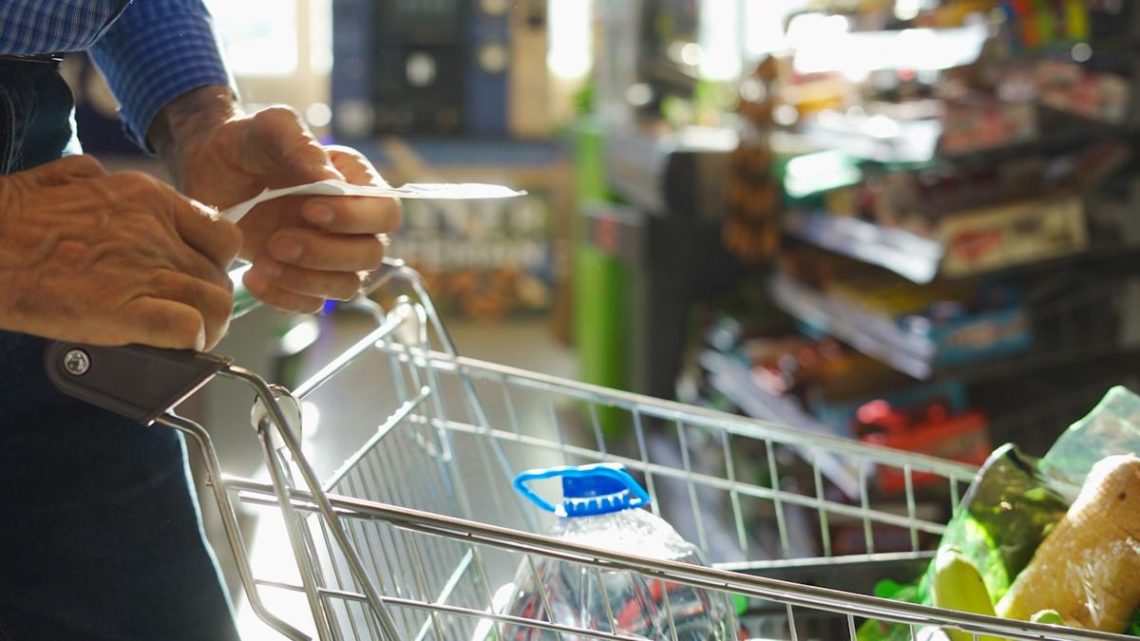Food prices in the United Kingdom have climbed to their highest inflation rate in a year, squeezing household budgets and adding strain to businesses, reported the Daily Record.
According to the Office for National Statistics, food and nonalcoholic drink inflation rose to 3.3% in January, up from 2% in December — the sharpest annual increase since March 2024. Essentials like butter, olive oil, and chocolate have seen particularly steep price hikes, raising concerns that costs may continue rising in the months ahead.
What’s happening?
The latest ONS data showed that while the prices for some foods, such as pasta and sugar, have dropped, many everyday staples are becoming more expensive.
A key reason for this is higher agricultural costs. A global cocoa shortage, caused by a 13% drop in production in 2024, has led to the worst supply crisis in 60 years, pushing up chocolate prices. Meanwhile, butter prices have risen for four consecutive months, partly due to poor weather affecting UK dairy farms.
Why do rising food prices matter?
The overheating of our planet is putting a strain on agriculture, causing the cost of groceries to soar and disrupting ecosystems and food chains.
For many families, rising food prices mean adjusting shopping habits, cutting back on certain items, or stretching budgets further. Households with lower incomes, which already spend a larger share of earnings on food, are feeling the impact the most.
Watch now: Easy-to-use app can help slash your grocery bill in half
Businesses are also under pressure. Higher energy costs, raw material shortages, and upcoming increases in labor costs — such as the rise in National Insurance Employer Contributions and the National Minimum Wage in April — are likely to push prices up even more.
“Rising energy and water bills as well as higher commodity prices, like dairy and cocoa, are all having an impact on production costs,” says Balwinder Dhoot, director of industry growth at the Food and Drink Federation. “Unfortunately, this month isn’t likely to be a flash in the pan for rising food and drink prices.”
Dhoot added: “We urge government to work with industry to simplify regulation and bring business costs down to help protect consumers from rising prices.”
What’s being done about it?
While officials have acknowledged the issue, no major policy changes have been announced yet.
For now, consumers may find it helpful to buy seasonal and locally sourced produce when possible, plan meals carefully to reduce food waste, and explore lower-cost alternatives to higher-priced staples. While food prices are expected to remain high for the foreseeable future, it is hoped that both policymakers and industry leaders are working to find solutions that support consumers and businesses alike.
Join our free newsletter for easy tips to save more and waste less, and don’t miss this cool list of easy ways to help yourself while helping the planet.
The post ‘This month isn’t likely to be a flash in the pan’ appeared first on The Cool Down.




